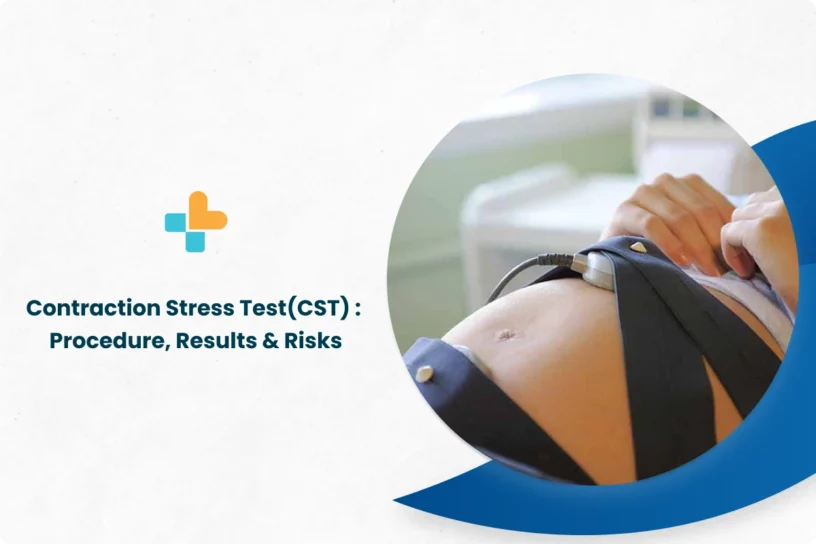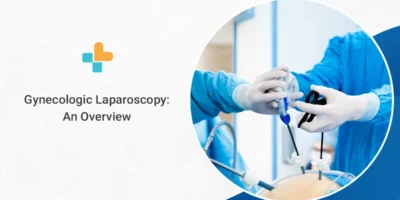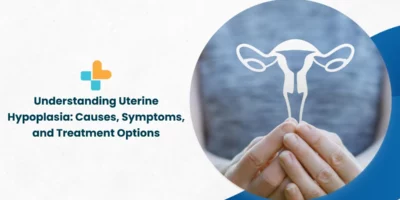Prenatal testing is helpful in identifying any health issues throughout pregnancy for both the mom and the unborn child. In many situations, timely diagnosis and treatment can save lives. Later in the course of pregnancy, a test called the contraction stress test (CST) is performed. The intent, method, and outcomes of the contraction stress test are explained in great depth in this article.
Explaining Contraction Stress Test (CST)
A contraction stress test is an important test for pregnant women that predicts if the baby will remain safe during labour. During labour, the mother experiences contractions, and the baby’s oxygen and blood supply decrease. While most babies remain fine, in some cases the heart rate stays low even after a contraction. For such babies, typical labour may prove problematic. A CST test is a simulation of the natural labour situation, where contractions are triggered and the baby’s heart rate is observed.
Who Gets the CST test & when it’s performed?
Even while CSTs are significantly less prevalent than they formerly were, some pregnant women who have problems require one. You would typically receive a biophysical assessment or a non-stress test. Your doctor could recommend a CST as just a follow-up if those results point to a potential problem.
Some other reasons for getting the CST may be:
- If you are older than 35, carrying more than one child, or have high blood pressure, the pregnancy is at a higher risk.
- In a prior pregnancy, you encountered issues, such as miscarriages.
- The growth of the baby doesn’t appear to be healthy.
A contraction stress test is normally carried out by a healthcare professional when the mother is 34 weeks or more pregnant.
How to prepare for the test?
The preparation for the test includes some easy but important steps to follow, such as:
- Before the test, it is advised to cease eating and drinking. This prevents the patient from vomiting throughout the process.
- Smoking before the test is a strict no. At least 4 hours prior to the test, the mother should abstain from smoking. Smoking harms the baby and restricts its movements.
- Talk with your doctor regarding the medicines or supplements you take. Ask if you need to abstain from taking any of them before the test.
- Most importantly, understand the procedure clearly. If doubts come up, discuss those with the doctor.
Procedure and Risks of the CST test
In a contraction stress procedure, the mother lies down with two belts around the belly region. Each of these belts has a purpose: one measures the baby’s heartbeats and the other measures contractions. For triggering these contractions, oxytocin hormone is administered via an IV channel. The oxytocin could be administered up to 3 times in 10 minutes, with each contraction spanning 40 seconds. A monitor records both contractions and the baby’s heart rate. The test lasts for a couple of hours and is generally safe. However, it may trigger early labour, hence one should consult a doctor before taking a CST.
What to Know About Test Results
When you are having contractions, if the baby’s heart rate falls, there could be something wrong (i.e. contraction stress test positive). Your doctor could recommend more tests for getting a clear idea. Early delivery is frequently the best choice in such conditions.
It’s a good sign if the baby’s heart rate remains normal throughout the exam (negative contraction stress test). However, if the findings of further tests point to a potential issue, your doctor can advise that you retake the test later.
CST is more effective at excluding issues than in identifying them. However, one shouldn’t worry much, as many mothers with unexpected results give birth to completely healthy children.
How Often the Test Done During Your Pregnancy
This process is often carried out by the doctor on pregnant patients who are at least 34 weeks along. The frequency of the test depends on the requirements of the mother, chances of risky labour, etc. Your doctor could suggest repeating the test every week or twice a week until delivery if the results are unfavourable or ambiguous.
Conclusion
This test is quite important for ensuring the health of both the baby and the mother. After all, everyone seeks a safe pregnancy experience. Are you eager to get a contraction stress test done? Then Ayu Health may be your best bet! For booking an appointment, call 636-610-0800.
Our Hospital Locations
Gynaecology Surgery Hospitals in Chandigarh | Gynaecology Surgery Hospitals in Bangalore | Gynaecology Surgery Hospitals in Jaipur | Gynaecology Surgery Hospitals in NCR | Gynaecology Surgery Hospitals in Hyderabad
Our Doctors
Gynaecology Surgery Doctors in Chandigarh | Gynaecology Surgery Doctors in Bangalore | Gynaecology Surgery Doctors in Jaipur | Gynaecology Surgery Doctors in NCR | Gynaecology Surgery Doctors in Hyderabad
About the Author

Dr. Nikitha Murthy B.S.
Dr. Nikitha Murthy B.S. is a renowned Gynaecologist currently practicing at Ayu Health, Bangalore.
He is s a Consultant with IVF Access at its Rajajinagar clinic. She has over 6 years of experience. Dr. Nikitha has a post-graduation (MS) in Gynaecology, DNB from the National Board of India, and a Fellowship in Reproductive Medicine. He also has vast experience in Post-Graduation (MS) in Gynaecology and DNB.




